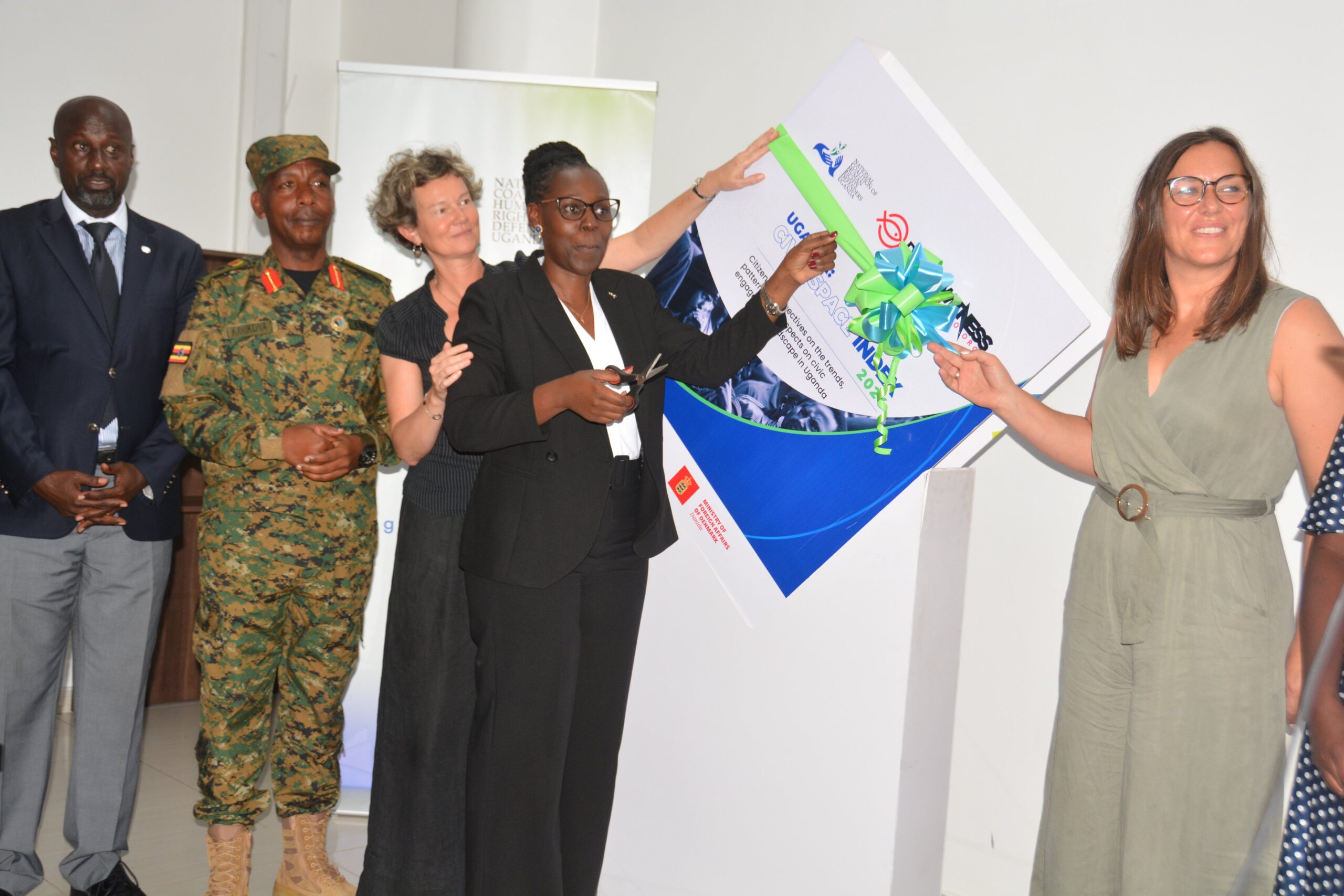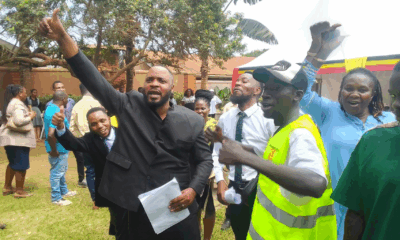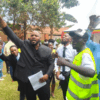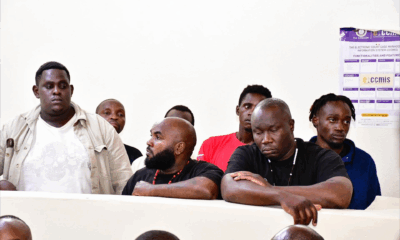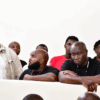Analysis
Ugandan Civic Space in Peril: New Report Sounds Alarm on Shrinking Freedoms Ahead of Elections
Uganda’s civic space is under unprecedented strain, marked by “systematic challenges” and a “growing climate of fear,” according to the stark findings of the Uganda Civic Space Index 2024.
Launched on Wednesday by the National Coalition of Human Rights Defenders in Uganda (NCHRD-U), the comprehensive report serves as a critical barometer for fundamental freedoms, particularly as the nation heads towards general elections.
While speaking during the launch, Robert Kirenga, Executive Director of NCHRD-U, underscored the report’s profound importance, stating it’s more than a report but a mirror.
“This report is not just a publication. It is a mirror of the state of our freedoms, the freedom that allow us to speak, assemble, organize and hold power to account, the documentation of the lived experiences of Ugandan citizens, civil society actors and human rights defenders who are at the forefront of shaping a just, democratic and inclusive society.”
He emphasised the urgent need for its insights, adding, “This report comes at a critical time when the need for protecting and expanding civic space in Uganda has never been more urgent.”
The Civic Space 2024 index, meticulously compiling insights across 13 key dimensions including freedom of expression, online and offline access to information, media rights, freedom of assembly and association, political participation, and the rule of law, paints a bleak picture.

Robert Kirenga, Executive Director of NCHRD-U
Dr. James Nkuubi, one of the researchers who presented the report’s detailed findings, noted its unique “connotations of prediction” due to its proximity to the upcoming elections. “In essence, you can have a look at it and see people’s fears,“ he explained, highlighting the introduction of a new metric measuring “trust versus fear” to understand citizen indifference or withdrawal from civic engagement
“It is coming on the eve of elections, and therefore it is both reflective of 2024 but also carries connotations of prediction, if you may,” he explained,
The report delivered a particularly alarming verdict on media rights and journalistic freedoms, categorising them as “restricted.” Dr. Nkuubi elaborated on the challenges: “Our findings reveal that there is a restriction… indicating significant challenges for journalists and media workers in exercising their rights freely.”
He cited a litany of obstacles, including the “fear of intimidation or harassment, and, more importantly, destruction of the tools of trade of journalists.” Even the operational environment for journalists is deemed “problematic,” with challenges emanating not just from state actors but also from “non-state actors coming in to begin creating narratives of bias which endanger journalists.”
Freedom of expression, both online and offline, faces similar overt limitations. The report details “manifestations of overt, ongoing limitations on individual ability to express themselves freely, both digital and non-digital spaces.” Dr. Nkuubi pointed to a “siege ongoing on online expression,” highlighted by the “advent of moralization and securitisation of content creators.”
He noted a concerning trend where “traditionally established institutions coming in to confront in the name of morals, people who are expressing themselves,” leading to a “new debate that has emerged on online discourse on what is immoral and what is not.” This often results in a pattern of “Arrest, detain, frustrate and release” for online critics, with charges often dropped, but individuals are subjected to “fatiguing” reporting requirements.
The right to peaceful assembly is found to be ” under restriction,” primarily due to “increased joint operational modalities between the major and the police.” Dr. Nkuubi specifically highlighted the persistent issue of police “deliberately consciously misinterpreting the notification of the problem.” Similarly, the right to peaceful protest, though permitted in law, is “subject to immense, unjustifiable and illegitimate limitations and risks.”
Despite these daunting obstacles, the report also captures a powerful spirit of “resilience.” Kirenga lauded the “resilience of civil society groups, youth movements, women and human rights defenders, who continue to create space where it is being closed.” He extended a heartfelt acknowledgement: “We salute their courage, and we salute your courage.”
Laurianne Comard, Program Officer for Democracy, Governance & Social Inclusion at the EU Delegation, emphasised the global context, noting that civic space is actually in its worst state since the launch of the Global Monitor in 2018.

Laurianne Comard
She underscored the European Union’s commitment to supporting the report, stating, “We’re very glad… to have been able to support the 2024 Civic Space Index report for Uganda.” Comard stressed the interdependent relationship between civil society and government, reiterating that “governments must protect fundamental rights and create an enabling environment for civic engagement.” She called for a strong partnership between the government and non-government organisations as the only way to build a society where democratic governance and human rights are protected and respected.”
Meanwhile, NCHRD-U views this report as an indispensable guide for policy-makers, civil society, and citizens alike. According to Kirenga, it’s a tool for policymakers, for civil society and for citizens to guide advocacy, to influence reforms and to demand accountability, and also for academic research purposes.
As Uganda heads towards general elections, the findings of the Civic Space Index 2024 serve as a critical alarm, demanding immediate attention to safeguard fundamental rights and create an environment where all voices can contribute to a truly democratic and just society.
Comments



